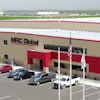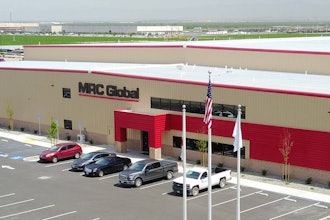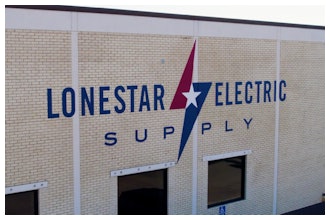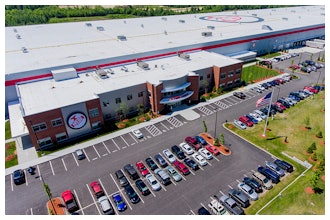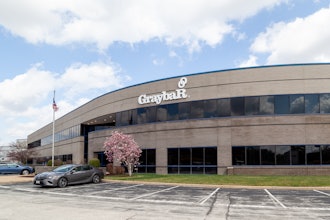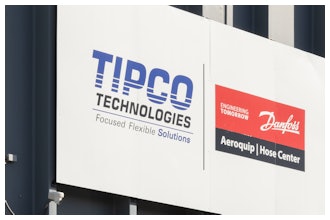In an era where purchasing departments often place lowest cost among their primary buying criteria, it’s up to specialist distributors to prove their worth. Job #1 is to sharply define your specialty and then convey it to customers in ways that clearly demonstrate a competitive advantage.
Specialist distributors can fall into one of several categories. One thing they all have in common is an overall offering that far exceeds the mere supply of products. Specialists typically invest in technical training for their personnel, offer expert advice regarding their customers’ equipment and the components that keep it running, and may even set up storerooms or local offices in the plants of their largest clients. Electric motor distributors exist that will assume responsibility for the reliable operation of every electric motor in a plant. Their site-based services include repairing and rebuilding motors, as well as anticipating and fulfilling needs for motor replacement.
Specialist distributors will likewise often have ready access to their manufacturer suppliers’ engineering resources. A distributor specializing in rotating equipment technology, for example, might bring into play the Root Cause Failure Analysis capabilities of its manufacturer supplier to help solve a recurring failure problem. Rotating equipment technology encompasses components such as bearings, seals, shafts and lubricants, and the instruments, tools and expertise necessary to manage their reliable operation. In a typical instance, RCFA might determine that a machine’s “soft foot” is causing shafts to misalign and bearings to fail. Or it might identify improper bearing installation, faulty lubrication, electric arcing, or any number of other events as reasons behind recurring component failures.
Such repair and analytical services can be essential to an end-user’s overall plant reliability, but are far beyond the abilities of “lowest cost” suppliers. The big question for specialist distributors is: Do your customers recognize the value you bring to their businesses? To counter a customer’s price-based procurement mentality, it’s your job to make sure they do.
Where to start
A rule of thumb for efficiently reaching a sizable portion of your overall revenue base is to target key personnel at your top ten accounts. This is best approached as a two-part program: First, arrange to meet face-to-face with operations management, such as the plant manager or the operating engineer, to demonstrate the value you are bringing to his or her enterprise. Second, encourage that contact to act as your advocate by arranging a second meeting, one that includes purchasing management.
Since executives tend to interact with persons at their own management level, it will be helpful to propose a meeting chaired by a distributor manager, rather than a distributor sales rep. You might want to call the meeting “A Quantitative Productivity Review” or some similar title that indicates hard data pertaining to your customer’s operations will be a central meeting point.
Gathering Your Data
If your business model is indeed that of a “specialist” distributor, one that delivers technical services, whose reps have developed productive relationships with plant personnel and are familiar with your customer’s particular needs, you will almost certainly have a history of providing services unachievable by competitors who rely primarily on low pricing.
For example: During a routine customer call, a fluid power distributor’s sales rep with an expertise in lubrication noticed leakage in a flow meter. Upon inquiring, the rep soon learned that there were challenges associated with flushing and cleaning all of the plant’s flow meters and, more-- that a larger problem was developing in sourcing the proper lubrication. The distributor’s initial observation, his ability to ask the right questions and his overall interest in contributing to the customer’s plant efficiency ultimately led to changes that improved the entire facility’s set of lubrication practices. Flushing and cleaning procedures were upgraded, flow meter leakage ceased to be a problem and a source of supply was identified to assure continuous access to specified lubricant formulations. The distributor’s proactive maintenance contribution clearly demonstrated his company’s value to the customer. In comparison, Internet-based or catalog order-taker suppliers would not have been on site, and likely would not have had the skills or inclination to identify and solve the lubrication problem.
Presenting Your Case
When meeting with plant and purchasing management for the purpose of countering price-based procurement practices, it can be helpful to keep this argument at the forefront of your presentation:
Running a plant is not about buying or replacing a part. It is about making sure that the plant is operating at its highest possible productivity level.
As a specialist distributor, you are equipped to help your customer achieve this goal.

